Ramadan is the most sacred period for Muslims worldwide. It is a period of purity, holy living, giving, and most importantly, fasting. Fasting from sunrise to sunset every day for an entire month isn’t easy in itself.
Fasting and driving does become a little more tricky. Be it the heat of the desert sun, the long fasting hours (Averaging at around 14 hours a day during Ramadan 2023), the rush hour traffic before iftar, or hunger pangs, one thing is certain, driving in the UAE or any other GCC nations during Ramadan is a bit complicated.
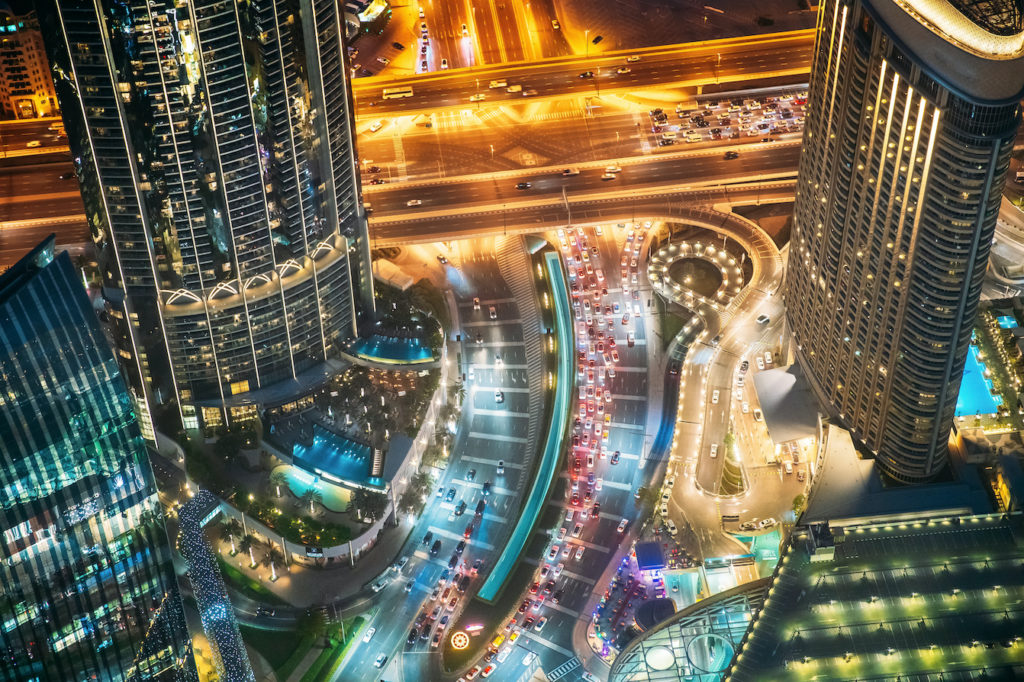
Here are a few tips and tricks, and what you should & shouldn’t do while driving during Ramadan:
Discipline is key
The first and foremost thought one always needs to have in mind is, ‘Stay Calm’. Yes, we agree that staying calm definitely isn’t easy when there’s congestion built up on most roads, especially during the hour before Iftar, however, taking it easy is the only way you will get to your destination.
Being stuck in stop-and-go traffic for a long time is frustrating enough, and then you come across that one driver who cuts you off. At this point, it is very easy to break into road rage, but this is something that one must avoid at all times and not just during Ramadan, but especially during Ramadan.

Remember how annoying it is to be cut off? It is just as frustrating to other drivers on the road if you cut them off. Driving discipline only works when everyone follows the rules and being courteous is one of the rules during Ramadan. It goes without saying that other road and traffic rules also need to be followed to the T. Driving faster to break your fast in time isn’t an excuse the speed cameras would accept.
‘Extra Cautious’ Is The Name Of The Game
Over 75 percent of the motorists on UAE roads fast during the month of Ramadan. This simply means all of them would have woken up at around 3 or 3:30am for Suhoor, and some of them would manage to get some more sleep before heading out for the day’s work while most wouldn’t. One also has to keep in mind that they most probably would have gone to bed around or post midnight.
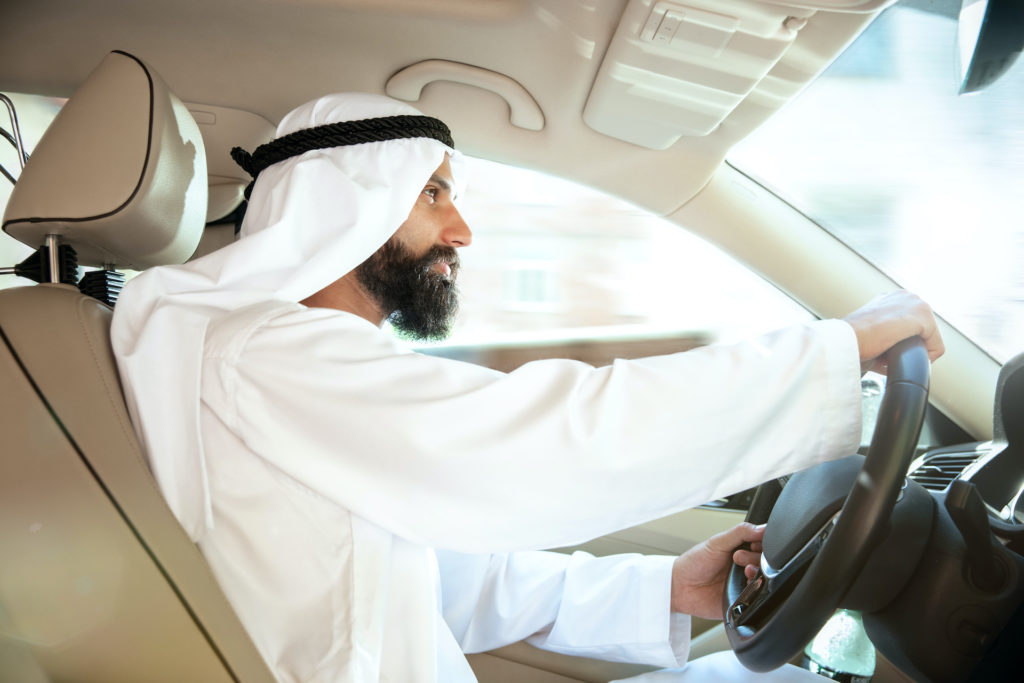
As a result, a vast majority of motorists would be making do with just 2-3 hour segments of sleep. In addition, fasting throughout the day would simply add to the sleep deprivation and you might be dealing with drowsiness on the way back home. So, drive extra cautiously and watch out for other drivers who might be drowsy while also trying to avoid driving if you are drowsy or too weak.
Plan For A Longer Drive
This one’s taken straight out of literally all the ‘Guide To Driving’ books in existence that suggest motorists leave early so that they drive in a more relaxed manner. However, this is more applicable to the month of Ramadan.
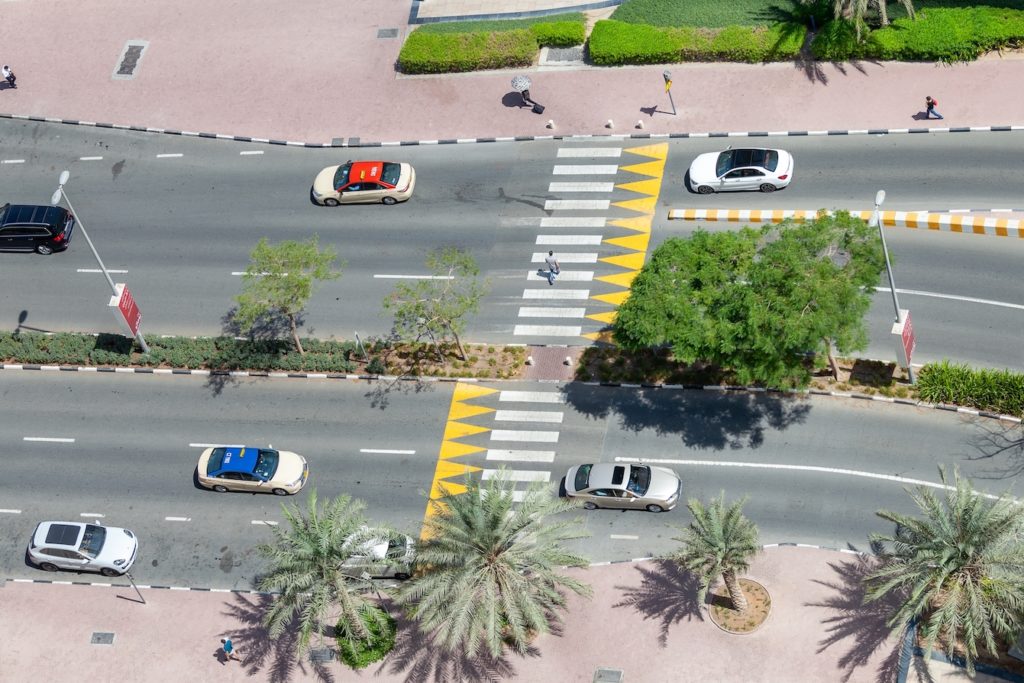
There might be traffic on the way or there could be other delays and obstacles as simple as excessive movement on the pedestrian crossing, which you are required to stop for. Leaving early simply allows one to deal with such delays more gracefully and in a calm manner. This also minimizes the margin for error.
Planning for a longer drive also includes storing some water and snacks in your car. In case you are fasting and stuck in traffic even though it is time to break your fast, you can do so in the safety of your car. A couple of dates and some water is the traditional way to break the day’s fast and this small meal is perfectly convenient to have in your car.
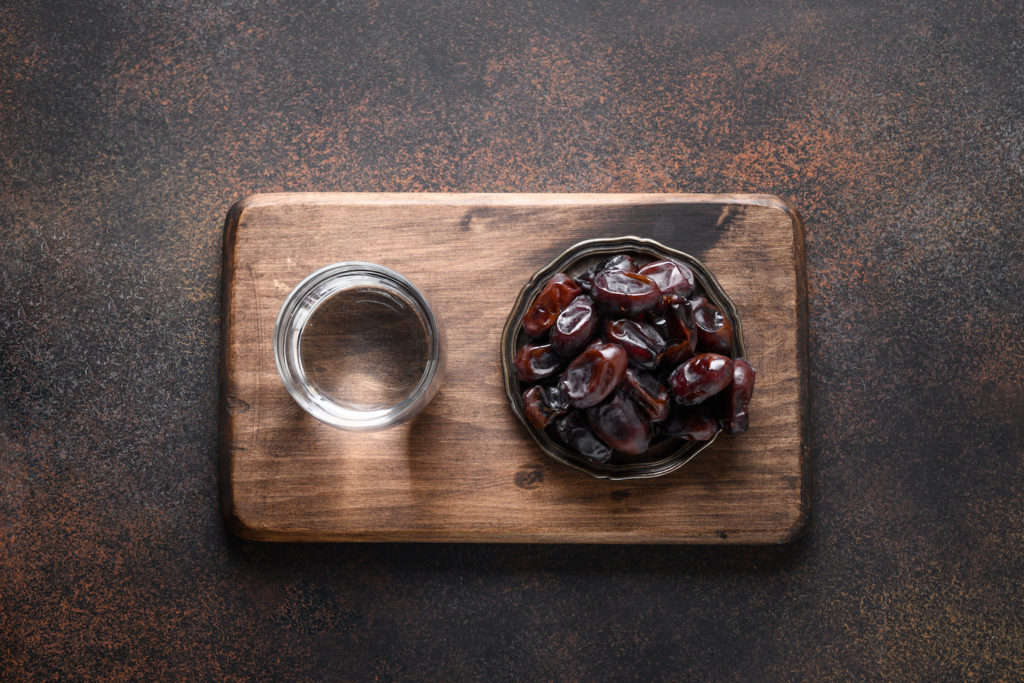
Know Your Limits
One’s capacity to fast and function like a normal human being isn’t exactly the same as another’s. It is really important to recognise that your colleague might be alright to drive for an hour or two after fasting the entire day, while it is completely fine if you don’t feel the same.
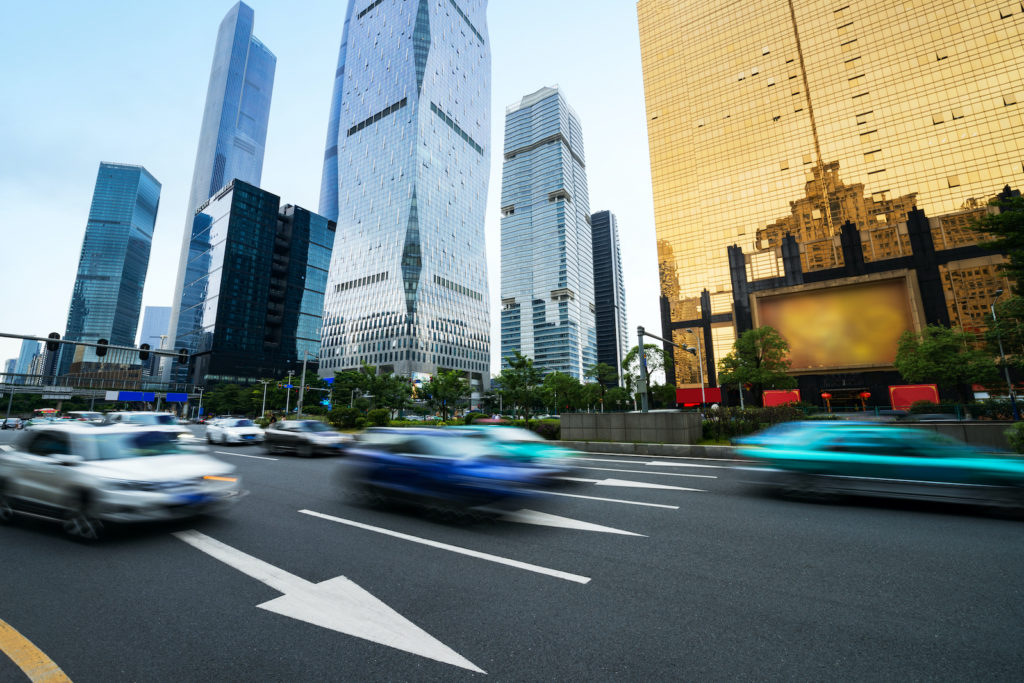
If you do feel like driving is just too stressful on a regular workday during Ramadan, sit it out. The UAE does have excellent public transport systems in place. There are multiple options at your disposal, including the Metro, buses, taxis, and even trams in some areas. You also have the option of using chauffeur-hiring services to get a certified driver at short notice. In addition, one could also make use of carpooling with colleagues and friends.
Food To Avoid During Suhoor
Suhoor is the first meal of the day that one has before beginning the fast. At Suhoor, it is important to watch what sort of food you ingest. Spicy and a little too salty food usually ends up increasing your thirst and dehydration levels. Food with a higher fat content also leads to irregularity in the digestion process and all of this will affect how you function during the day including how you drive.
No Room For Unholy Thoughts
As much as it is a month of fasting, it is also a month of staying pure and holy even in your thoughts. So, neither can you have thoughts of running over some annoying pedestrians who are jaywalking on the crossing while you are in a hurry, nor can you lust for that Lamborghini Countach LPI 800-4 or whatever car takes your fancy.
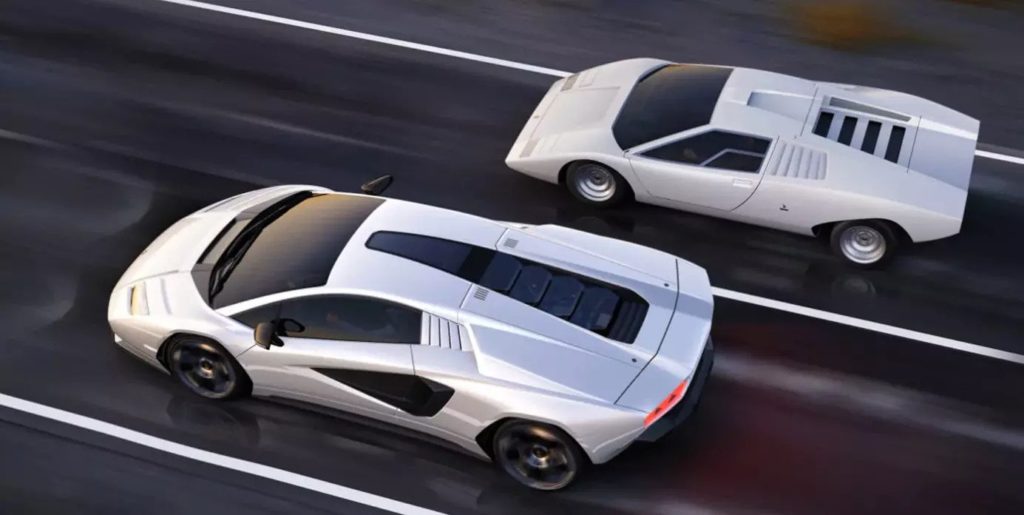
If you are, however, in need of a car upgrade this Ramadan, here are the best offers & deals on new and used cars and motorcycles. During Ramadan, one should also make sure to follow a few cultural Do’s and Don’ts. Here’s what you should and shouldn’t do during Ramadan.
Also Read:
– Top 10 SUVs In The UAE: The Definitive List
– Ramadan Events At UAE Racetracks
– e-Fuels Vs EVs and How It Affects GCC Countries
The post Driving During Ramadan — Top Tips For Fasting & Driving During The Holy Month appeared first on DubiCars Blog.
from DubiCars Blog https://ift.tt/8sHrUSw
https://ift.tt/sj2nUhw